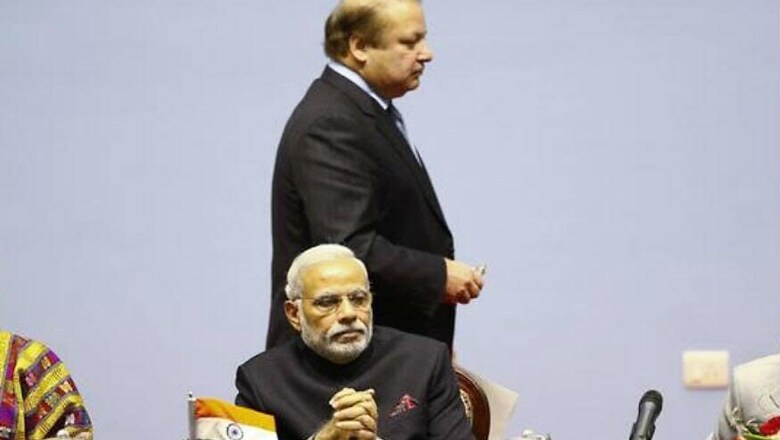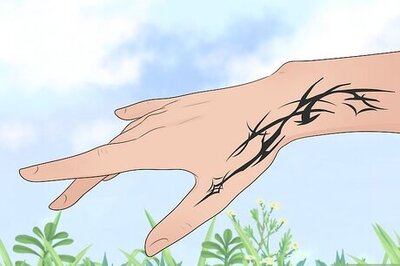
views
After the Uri attack, India is pulling out all diplomatic stops to send out a clear message to Pakistan. That it cannot continue to inflict terror upon India without having to pay a price.
Short of war, India is saying everything is fair game. Even a 56 year old water treaty that has survived 3 wars and 25 years of asymmetric warfare. One of the real possibilities under consideration is revoking the Most Favoured Nation status that India has given to Pakistan but Islamabad has not reciprocated.
First of all 'Most Favoured' doesn't mean any kind of special treatment to goods imported from Pakistan. It only means that there will not be any discriminatory tariffs on any product imported from Pakistan as compared to that same product being imported from any other country.
So for example, if India were to import cloth from Pakistan, then it should not discriminate against that material any more than it would against cloth imported from Bangladesh or Sri Lanka or China. Most Favoured simply means no discrimination.
MFN status was accorded to Pakistan in 1996 when India joined the WTO and signed the General Agreement on Tariffs and Trade (GATT). Under GATT, India has to extend MFN status to each of its trading partners in WTO, not just Pakistan. As a WTO member Pakistan is also bound by these same obligations.
India has a definitive legal case because Pakistan has not granted reciprocal MFN status to India for the last 20 years. The easiest and strongest option would be for India to challenge this in the WTO.
The other, riskier option is to invoke a lesser known clause in GATT. Article 21 b (iii) allows "contracting parties (India is one) to take any action which they consider necessary for the protection of essential security interests." India can argue that after Uri its "essential security" has been compromised. But this clause has been very rarely invoked by member states. Back in 1949 there was a dispute between the then Czechoslovakia and the United States.
In the 1980s there was another one between the US and Nicaragua. As bad as things have been recently between China and some of its neighbouring countries due to the South and East China Sea disputes, there has been no talk in Beijing about revoking MFN status to Japan or Philippines because the Chinese understand the benefits of free trade and the cost to pay while creating artificial barriers to restrict the free movement of goods.
But China and Japan trade upwards of 350 billion USD every year. They are the world's second and third largest economy respectively. India and Pakistan on the other hand barely trade 2.6 to 2.7 billion USD. Trade with Pakistan is less than 0.5% of all of India's trade.
Suspending this trade with Pakistan would be like dusting mud off India's back. ASSOCHAM has argued that much of India's imports from Pakistan are raw materials while India's exports are finished products. If India were to turn the trade tap off, it would hurt Pakistan badly. As the old adage goes, everything's fair in love and war. And in trade.


















Comments
0 comment